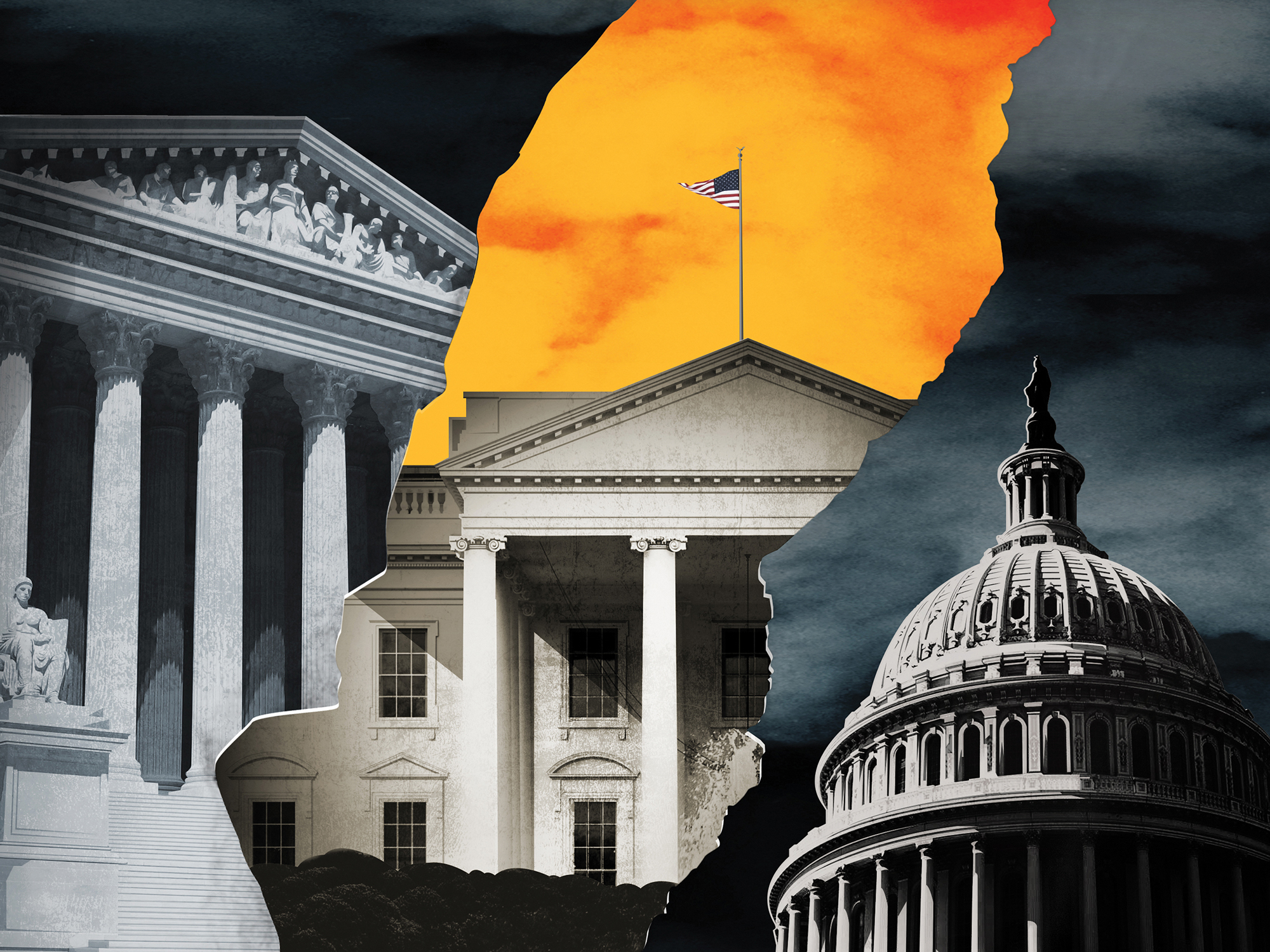It is indeed ironic that Donald J. Trump, who entered politics with his disreputable efforts to disqualify Barack Obama from the presidency by claiming he was born in Kenya, and then challenged primary opponent Ted Cruz because he was Canadian born (to an American citizen mother), has seemingly dodged his own disqualification as the leader of an insurrection.
Section 3 of the Fourteenth Amendment, intended to keep former Confederate officials from government office following the Civil War, provides:
No person shall be a Senator or Representative in Congress, or elector of President and Vice-President, or hold any office, civil or military, under the United States, or under any state, who, having previously taken an oath, as a member of Congress, or as an officer of the United States, or as a member of any State legislature, or as an executive or judicial officer of any State, to support the Constitution of the United States, shall have engaged in insurrection or rebellion against the same, or given aid or comfort to the enemies thereof But Congress may by a vote of two-thirds of each House, remove such disability.
Trump spent months planning and finally inciting, the violent insurrection on January 6, 2021, to halt certification of Joe Biden’s election. Special Counsel Jack Smith delicately danced around the traitorous events of that day in a four-count indictment essentially charging fraud and obstruction of Congress. The indictment doesn’t use the word “insurrection.” It’s like telling the story of Noah, but leaving out the part about the flood.
Commentators have praised this as a clever strategy—a leaner and swifter trial, with a conclusion before the 2024 election. But what is the cost of ignoring the most historically consequential part of the story? Future presidents, including Trump himself, may find comfort in knowing that a failed coup will be treated like a stock fraud case (having to prove Trump actually knew he had lost), instead of an attempted overthrow of the government. And predictably, his lawyers are throwing monkey wrenches into the gears of moving the case anywhere near trial.
To those who argue that disqualifying the former President would be unprecedented, there are two simple answers. The obvious one: January 6 was itself unprecedented. No chief executive, in the history of the Republic, has ever refused to leave the White House after an election ending his term. Nor has one directed a riotous mob to the Capitol to keep himself in power and, in the process, injured over 100 Capitol police. That’s what happens in authoritarian nations, not in the USA.
The disqualification clause has been used before, against rebels after the Civil War, a Socialist congressman opposed to American entry in World War I, and a New Mexico county commissioner who participated in the January 6 coup attempt. The ex-president should be added to this list to ensure that such disloyal conduct renders one unfit for public office.
To date, the Colorado Supreme Court has ruled Trump cannot appear on the primary ballot there; the Secretary of State in Maine has done likewise. Other challenges are pending, including in Massachusetts [where Brodin is a signatory]. The matter will likely land in the US Supreme Court.
As Lincoln warned, “America will never be destroyed from the outside. If we falter and lose our freedoms, it will be because we destroyed ourselves. Let none falter, who thinks he is right, and we may succeed.”
The original version of this article appeared in CommonWealth Beacon magazine (commonwealthbeacon.com).



